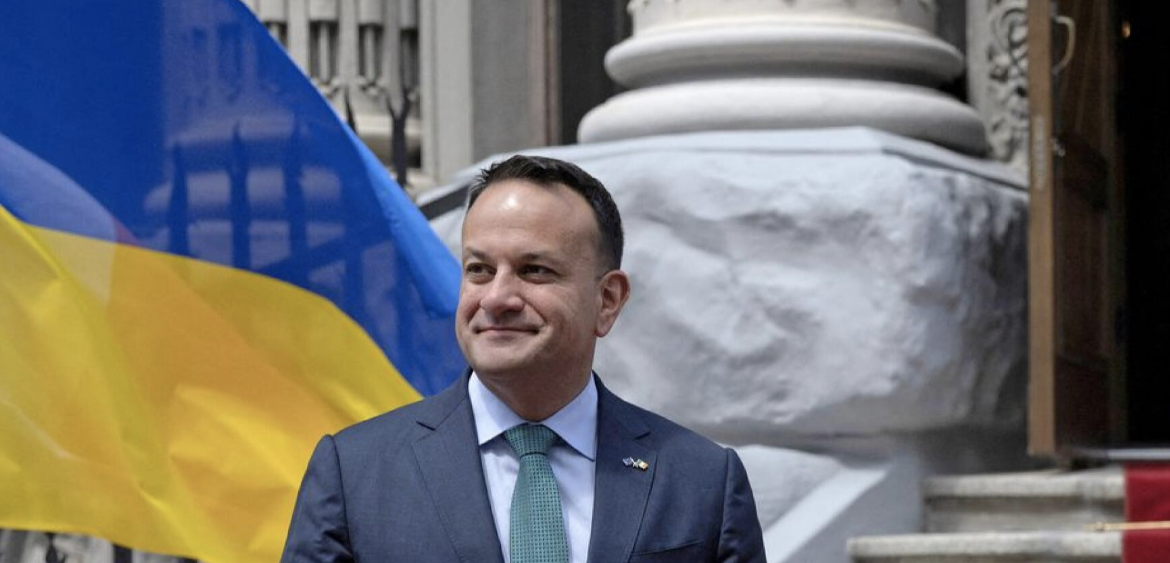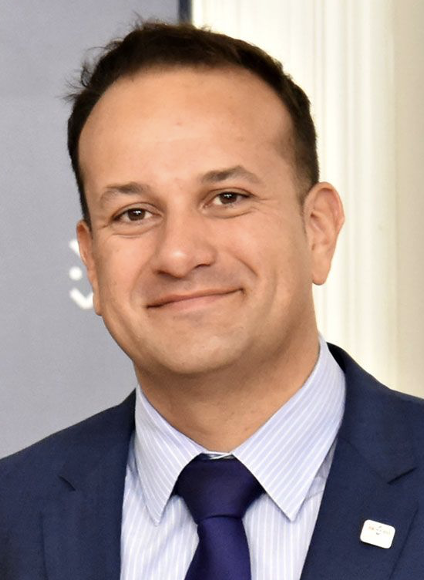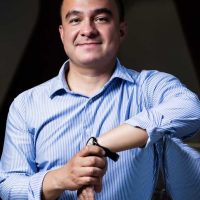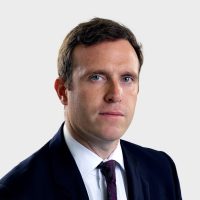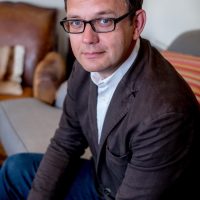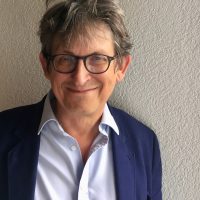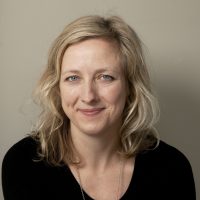Leo Varadkar Keynote Speaker
- Taoiseach (Prime Minister) of Ireland between 2017-20 and between 2022-24
- Held key Cabinet roles, including Transport, Tourism & Sport, Enterprise, Trade & Employment, Social Protection and Health
- Hauser Leader at the Center for Public Leadership in the Kennedy School of Government in Harvard (2025- )
Leo Varadkar's Biography
Dr. Leo Varadkar served as the Taoiseach (Prime Minister) of Ireland from 2017 to 2020 and from 2022 to 2024. Over his 13-year cabinet career, he held various positions in the Ministries of Transport, Tourism & Sport, Enterprise, Trade & Employment, Social Protection, and Health.
He stepped down from political life in late 2024. Since then, he has been appointed as a Hauser Leader at the Center for Public Leadership in the Kennedy School of Government in Harvard and he is a Board Member of Brussels based Care4Everybody which advocates for equal access to healthcare for women.
During his political career, Dr. Varadkar guided Ireland effectively through significant challenges. His leadership during the COVID-19 pandemic resulted in one of the most internationally acclaimed public health and economic responses. Additionally, he navigated the complexities of Brexit, ensuring there was no hard border between Northern Ireland and the Republic of Ireland, while preserving Ireland’s vital role within the European Union and upholding the Good Friday Agreement.
Varadkar’s governments achieved substantial social progress, notably lifting the ban on abortion and advancing LGBT rights, including marriage equality. He championed gender equality by introducing measures such as gender pay gap reporting, increasing diversity on state and corporate boards, and linking political party funding to gender quotas among election candidates. He also spearheaded significant health reforms, including Ireland’s first public health law on alcohol misuse, the Maternity/Infant Healthcare Strategy, and the Sexual Health Strategy. As Health Minister, he introduced free GP visits for children and seniors and improved chronic disease management within communities.
An advocate for Irish unification, Varadkar allocated over €1 billion to North-South projects through the Shared Island Fund and played a crucial role in reactivating the power-sharing institutions established by the Good Friday Agreement.
Varadkar represented Ireland on the global stage, serving on the Board of the World Anti-Doping Agency (WADA) and participating in meetings of the World Trade Organization (WTO), World Health Organization (WHO), the European Council, and the United Nations. His premiership saw a dramatic increase in Ireland’s international development budget, the establishment of new embassies and consulates, and Ireland’s election to the UN Security Council.
By the end of his term, Ireland boasted record employment levels and a budget surplus, which facilitated substantial investments in public infrastructure, including housing, transport, climate action, education, and healthcare. Varadkar also doubled spending on the arts, culture, and sports, and significantly enhanced workers’ rights by introducing paternity benefits, paid parental leave, statutory sick pay, protections for the self-employed, and making strides towards a living wage and universal occupational pensions.
As Taoiseach, he launched the Child Poverty and Well-being Programme, which delivered early successes such as free school books, hot school meals, reduced childcare fees for working parents, better access to higher education for single parents, and increased welfare payments for children in need.The first openly gay head of government of Ireland, Varadkar is only the fifth openly gay head of government in the world.
The son of an Indian father and an Irish mother, he is also Ireland’s first multiracial head of government. Leo is a medical doctor and a qualified GP, having graduated from Trinity College Dublin. While a member of parliament, he represented the Dublin West constituency and was a member of Ireland’s Council of State.
Leo Varadkar's Speaking Topics
-
Geo-political developments
-
Future of Europe and the EU
-
Access to and developments in Healthcare
-
LGBT+ issues and Equality
-
Irish affairs and Irish unification
